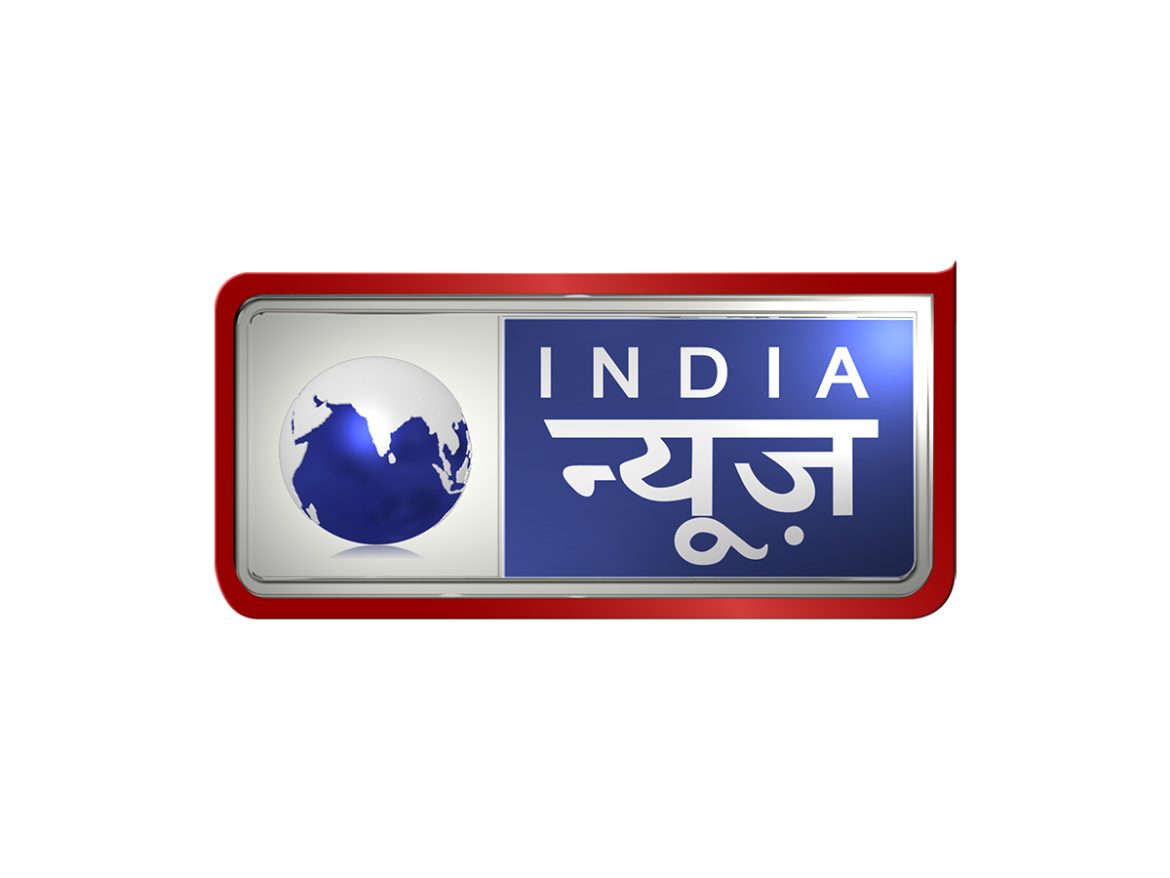By Deepa Seetharaman, Stephen Nellis and Deborah Mary Sophia (Reuters) -Microsoft and OpenAI announced a restructuring deal on Tuesday that frees the ChatGPT maker to move away from its nonprofit roots and likely go public so it can finance CEO Sam Altman's ambitious plans to develop data centers and cutting-edge technology. The deal refashions the $500 billion company as a public benefit corporation that is controlled by a nonprofit with a stake in OpenAI's financial success. In a livestream broadcast, Altman said an initial public offering was the most likely path for the company's future, given how much money is needed to train and build AI systems like the one that supports ChatGPT. Altman and chief scientist Jakub Pachocki opened the livestream by outlining plans to shift OpenAI from a product company into a platform that lets others build their own tools, services, and businesses on top of its technology. "We can now take this technology and this user base and this sort of framework we've built and get the whole world to build amazing new companies and services and applications on top of it," Altman said. CAPITAL CONSTRAINTS CAUSED TENSIONS Tuesday's agreement removes major constraints on OpenAI's ability to raise capital and secure computing resources from Microsoft that have been in place since the two companies forged their agreement in 2019. Once AI assistant ChatGPT exploded in popularity three years ago, those limitations sparked tensions between the firms. The discussions to restructure OpenAI started after Altman was pushed out of OpenAI temporarily. The episode in late 2023 highlighted how the startup's unusual structure limited the power of its investors and business partners, including Microsoft. Altman will not get equity in the restructured company, an OpenAI spokesperson said, in a reversal from discussions last year that would have given him a stake. The spokesperson added there will be no changes to his compensation from OpenAI, which pays him some $76,000 a year. Altman said OpenAI has financial obligations of $1.4 trillion to help build out roughly 30 gigawatts of data-center infrastructure over the next few years. But Altman made clear this was just the beginning, especially if some of OpenAI's more ambitious research goals bear fruit. Eventually, OpenAI would like to build a data center that can produce one new gigawatt of power per week, Altman said, without offering more details. Each gigawatt costs as much as $50 billion to build, and Altman said he would like to help bring the cost down to $20 billion. MICROSOFT TO KEEP 27% STAKE The new OpenAI Group PBC will function more like a traditional company, cementing Altman's power and giving him more leeway to strike deals, raise money and shape the broader AI industry. Microsoft will not have rights to any consumer hardware produced by OpenAI, and no longer has the right of first refusal to be OpenAI's compute provider. Even so, Microsoft will hold a 27% stake in OpenAI and remain a significant player in its future. OpenAI will continue to share about 20% of its revenue with Microsoft for years to come, people familiar with the matter said. Microsoft's previous 2019 agreement had many provisions that rested on when OpenAI reached that point, and the new deal requires an independent panel to verify OpenAI's claims that it has reached AGI. Microsoft will still hold a stake of about $135 billion in OpenAI Group PBC, which will be controlled by the nonprofit OpenAI Foundation, the companies said. The Redmond, Washington-based firm has invested $13.8 billion in OpenAI, with Tuesday's deal implying that Microsoft had generated a return of nearly 10 times its investment. Microsoft shares rose 2.4%, sending its market value above $4 trillion again. The deal keeps the two firms intertwined until at least 2032, with a massive cloud computing contract and with Microsoft retaining some rights to OpenAI products and AI models until then, even if OpenAI reaches artificial general intelligence (AGI), the point at which AI systems can match a well-educated human adult. OpenAI and Microsoft expect to end the revenue-share agreement once an independent panel declares AGI, but OpenAI can also make those payments later. Both companies declined to say when they expect those commitments to end. With some 800 million weekly users as of October, ChatGPT has exploded in popularity to become the face of AI for many consumers after OpenAI's founding as a nonprofit AI safety group. As the company grew, the Microsoft deal constrained OpenAI's ability to raise funds from outside investors and secure computing contracts as the crush of ChatGPT users and its research into new models caused its computing needs to skyrocket. The requirement that OpenAI exclusively rely on Microsoft for computational resources was among the largest sources of tension. "OpenAI has completed its recapitalization, simplifying its corporate structure," Bret Taylor, the OpenAI Foundation's board chair, said in a blog post. "The nonprofit remains in control of the for-profit, and now has a direct path to major resources before AGI arrives." Taylor and other board members – including Altman – have the power to appoint and remove members of the PBC's board. The OpenAI Foundation has a 26% stake in OpenAI Group and a warrant to receive additional shares if the company hits certain milestones. "OpenAI still faces ongoing scrutiny around transparency, data usage, and safety oversight. But overall, this structure should provide a clearer path forward for innovation and accountability," said Adam Sarhan, CEO of 50 Park Investments. Microsoft also said that it has secured a deal with OpenAI where the ChatGPT maker will purchase $250 billion of Azure cloud computing services. In exchange, Microsoft will no longer have the right of first refusal to provide computing services to OpenAI. (Reporting by Deborah Sophia in Bengaluru and Stephen Nellis in Washington; additional reporting by Krystal Hu; Editing by Devika Syamnath, Franklin Paul, Rod Nickel)
(The article has been published through a syndicated feed. Except for the headline, the content has been published verbatim. Liability lies with original publisher.)







